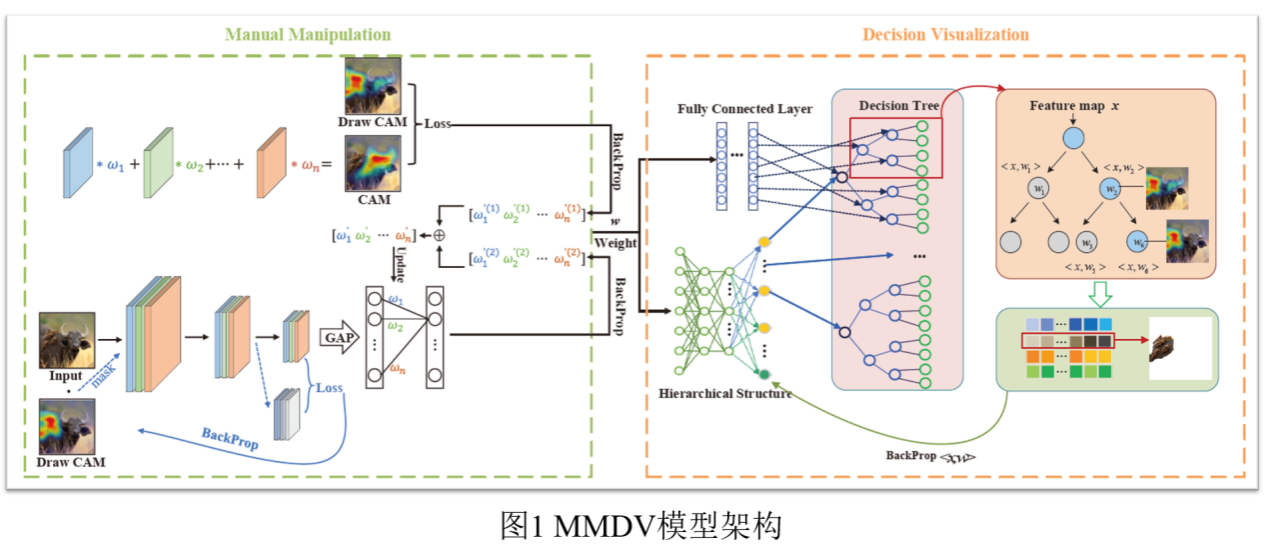Recently, the academic paper "MMDV: Interpreting DNNs via Building Evaluation Metrics, Manual Manipulation and Decision Visualization" written by Si Yu, a 2020 graduate student of the School of Computer Science and Communication Engineering of our school, was accepted and published at the 30th ACM International Conference on Multimedia (ACM MM 2022).
According to the rating of China Computer Society (CCF), ACM MM belongs to CCF Class A international conference. Its papers represent innovative technologies and major achievements in the multimedia field, and are the wind vane of academic research and industry development in this field. ACM MM 2022 will be held in Lisbon, Portugal, from October 10 to 14, 2022. 2473 papers were received and 690 papers were received, with a reception rate of 27.9%. The papers will be reviewed in a double-blind way, which makes it very difficult to recruit papers.
Aiming at the problem that the depth neural network model is opaque and cannot be explained, this paper constructs a method of manual manipulation and decision visualization (MMDV):; 2) A hierarchical learning mechanism with a sequential decision tree is proposed to provide a decision path for the full connection layer of the network with strong interpretability; 3) A new interpretability evaluation standard DMR is proposed to evaluate the interpretability of data, models and results. The proposed method can enhance the network comprehensibility of man in the loop and the interpretability of the model results, which lays an academic foundation for opening the "black box" model of in-depth learning and applying it to high-risk decision-making fields in the future.

The student author, Si Yu, is a 2020 academic master of computer science and technology in the School of Computer Science. Under the guidance of his tutor, Professor Cheng Keyang, he is engaged in the research on the interpretability direction of in-depth learning. He is down-to-earth, hardworking and hard working. His research content is a hot spot in academia and a pain point in industry. The corresponding author, Professor Cheng Keyang, is the Executive Dean of the Institute of Cyberspace Security and doctoral supervisor. Since returning from the University of Warwick, he has been engaged in research on artificial intelligence, pattern recognition, computer vision and other related fields.
